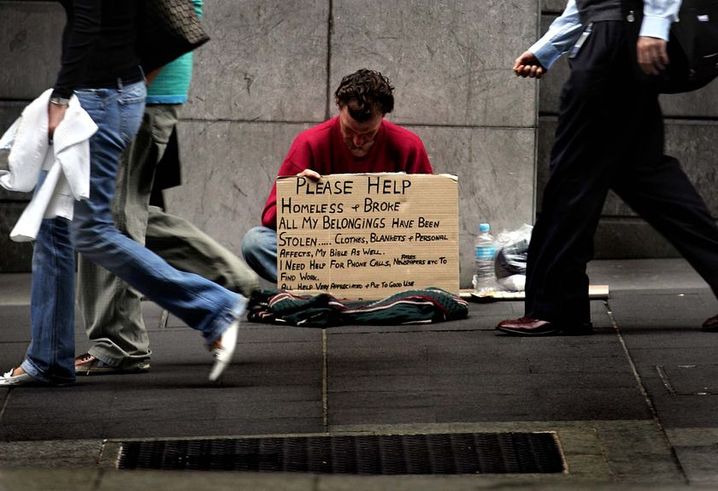This week, we covered two major social problems that are evident both locally and globally—the extreme gap between poverty and wealth that exists in the United States, as well as racial and ethnic inequalities. Given that these inequalities are manifested in many ways, including the education system, one might consider if certain incentives and/or quota should be set in place for poor and/or minority students since (on average) their admission to higher education institutions is dramatically low compared to wealthy students who represent majority racial and/or ethnic groups (unless certain incentives are offered, such as grants or scholarships, for example).
Taking this wide discrepancy between poor and wealthy students and majority-minority students into consideration, do you think affirmative action policies should be implemented within universities to help regulate this great discrepancy? Why or why not? Are there any alternative options?
When responding to this question, please support your answer with concrete evidence or references. Please also take into account the controversy over racial classification, affirmative action, and discrimination with regard to Brazilian universities. It is important to also remember to utilize sociological imagination when considering how various contexts (i.e., historical, cultural, socioeconomic, religious, etc.) might influence, reinforce, perpetuate, or challenge such inequalities.
***Your response (blog post) to this blog above is required by Tuesday, November 1, 2011 at 11:59 p.m.***
Taking this wide discrepancy between poor and wealthy students and majority-minority students into consideration, do you think affirmative action policies should be implemented within universities to help regulate this great discrepancy? Why or why not? Are there any alternative options?
When responding to this question, please support your answer with concrete evidence or references. Please also take into account the controversy over racial classification, affirmative action, and discrimination with regard to Brazilian universities. It is important to also remember to utilize sociological imagination when considering how various contexts (i.e., historical, cultural, socioeconomic, religious, etc.) might influence, reinforce, perpetuate, or challenge such inequalities.
***Your response (blog post) to this blog above is required by Tuesday, November 1, 2011 at 11:59 p.m.***


 RSS Feed
RSS Feed